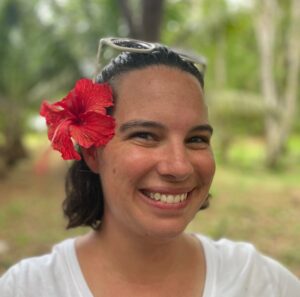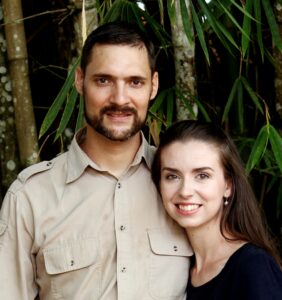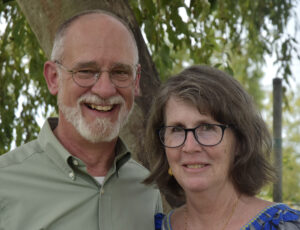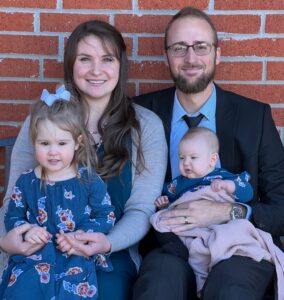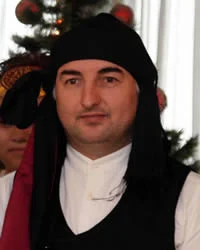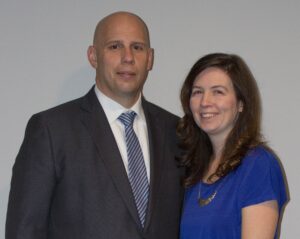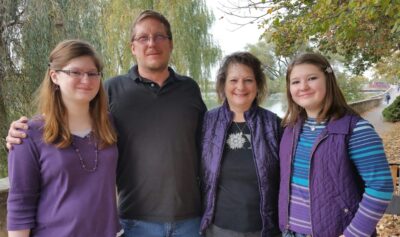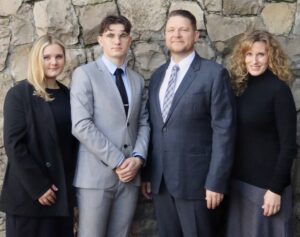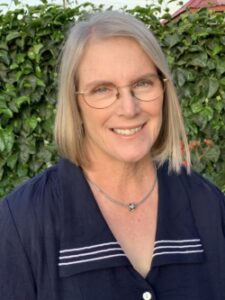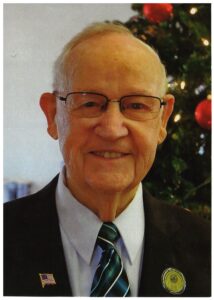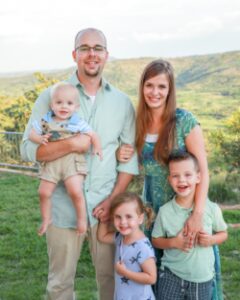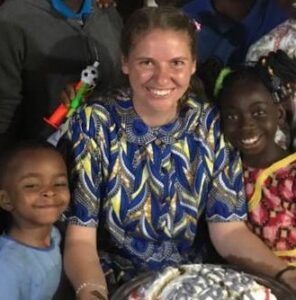One day I went to the grocery store to buy cat food. I was excited to use my Ilokano language skills, and knowing makan means “food” and pus means “cat”, I asked the employees, “Ada ti pusa nga nakan? (Is there cat food?)” They responded, “Oh, no, sir. We are out of stock.” I looked around, surprised that such a large grocery store had no cat food. My wife, a native of the area, had a good laugh when I told her what had happened. Instead of asking for kanan ti pusa, “food for the cat,” I had asked for “food of the cat,” or cat meat! — Jonathan, Philippines
Pedal to the Metal
February 25, 2025
No Comments
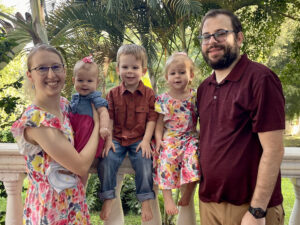
Jordan Kurecki and Alicia Ramirez arrived at BBTI in 2017 and could not have come from more different backgrounds. Alicia was homeschooled and raised in a Fundamental Baptist church. She learned to play the violin, interpret for the Deaf, and be an EMT. Jordan came from a totally non-religious broken home in the Chicago area. He attended public school and learned early to play with alcohol, drugs, and a wicked lifestyle. A friend invited Jordan to a Baptist church when he was nineteen. After a time, he trusted Christ. Alicia made a profession of faith in Christ at age four and later, at age fourteen, received assurance of salvation. It took the same grace to save a good girl as it did to save a bad boy! Jordan graduated from Fair Haven Baptist College and Alicia from Faith Bible Institute.
At some point, they noticed each other in our classroom, and the rest is history. At times, we wondered if they were too distracted by each other to hear what was being taught, but apparently not for they have put what we taught them into practice in Uganda. Jordan wrote, “BBTI has made a huge impact in the way I look at missions and has equipped me with a skill set to reach people that many would consider too difficult or impossible to reach!” Here at BBTI, Jordan learned about the Nubi people whom he is targeting. They are a Bibleless Muslim group of Uganda numbering thirty-four thousand.
Jordan and Alicia were married in July 2019 and later that year visited Uganda. They were sent by Park Gate Baptist Church in Ellwood City, Pennsylvania, and began deputation during COVID, the worst possible time. They persevered, making thousands of phone calls and emails. At first, only one in five churches they visited took them on for support, but as they neared their goal, the churches saw their determination, and that ratio improved. They traveled in an old car, and little by little dumped about $6,000 into repairs until the transmission finally quit. It was then that a brother in Christ loaned them a nice car to drive. He “just happened” to buy it on a whim but did not need it. During deputation, Jordan began to study advanced courses in Hebrew and Greek in preparation for Bible translation.
While at BBTI, Jordan met a Nubi man on Facebook who is somewhat of a leader among his people. When they arrived on the field in February 2023, this man introduced Jordan to many people, and he had favor with them—for a while. Later, after he began church services, a large group of angry Muslim men raided a service and beat two of the Christian leaders, one quite severely. Jordan was treated roughly but not injured. The honeymoon was over! Threats and abuse of the church leaders continue. Nevertheless, Jordan and Alicia continue learning the Kinubi language, becoming proficient after less than two years. (There is no language school or professional teacher; they have learned by applying what they were taught at BBTI.)
In May 2023, Jordan discovered a small group of Nubi speaking believers who attempted to translate the Bible into Nubi but had given up because they did not know how to proceed. Jordan has organized and trained a translation team of five Nubis. Recently, they had to dismiss a team member for bad behavior. The man has become a real enemy, trying to extort money from Jordan, threating physical harm and exposure of the team to the Muslims who bitterly oppose a Bible in their language. He would like to get the Kureckis expelled from Uganda. Nevertheless, they plod ahead, making very good progress. There is no time to waste. Despite serious bouts of malaria, threats, and the hardships of missionary life, Jordan and Alicia push the pedal to the medal and move forward!
Winter 2024-25
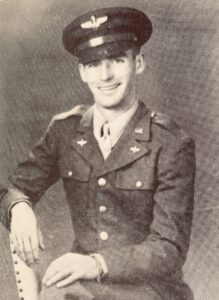
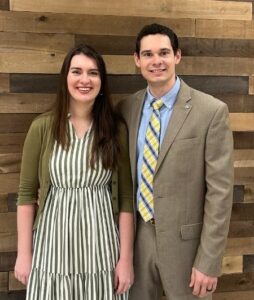
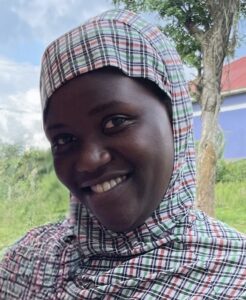 In the 1880s, the governor of Southern Sudan was driven from his country into Uganda. He and his soldiers were given protection from the British in return for their service. This group of Muslim soldiers and their descendants eventually became known as the Nubi people. In the 1890s, the British awarded the Nubi soldiers land in Kenya.
In the 1880s, the governor of Southern Sudan was driven from his country into Uganda. He and his soldiers were given protection from the British in return for their service. This group of Muslim soldiers and their descendants eventually became known as the Nubi people. In the 1890s, the British awarded the Nubi soldiers land in Kenya.